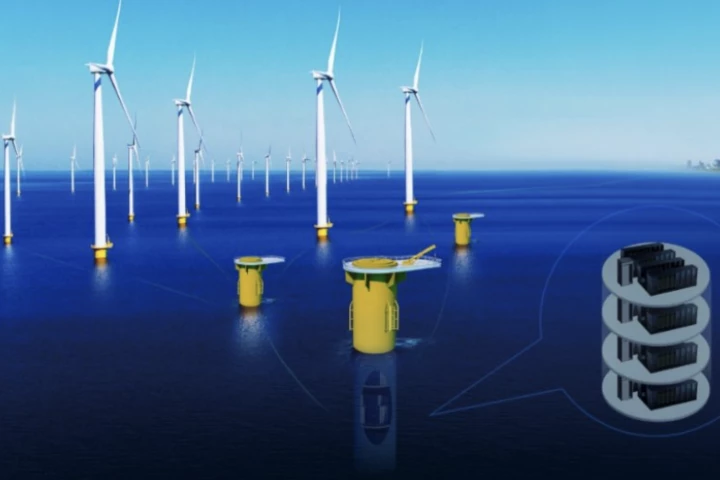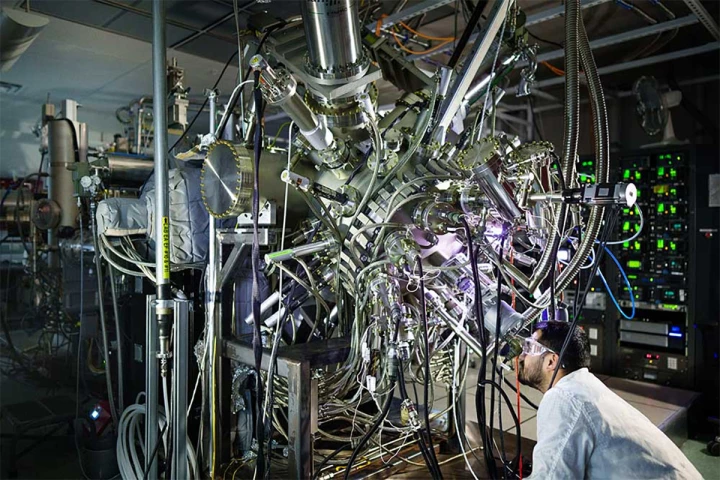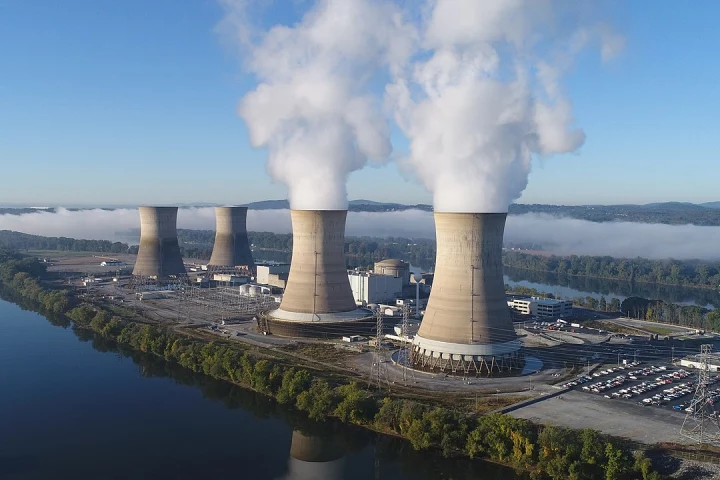Data Center
-
Terrestrial data centers are so 2025. We're taking our large-scale compute infrastructure into orbit, baby! Or at least, that's what Big Tech is yelling from the rooftops at the moment. It's quite a bonkers idea, so let's unpack what it's all about.
-
If you have a redundant nuclear aircraft carrier lying around, you can give HGP Intelligent Energy a call. The Texas-based developer wants to repurpose the nuclear reactors used to power carriers to generate electricity for onshore data centers.
-
Researchers from Swiss university EPFL have removed the AI middle-man. There's reportedly no need to access Big Data centers, as their new downloadable Anyway Systems software can handle your AI processing needs locally.
-
The hot trends of civilian supersonic flight and artificial intelligence collide as Boom Supersonic announces that, as a new revenue stream, the core technology of its Mach 1+ Symphony jet engine has been adapted to run power-hungry AI data centers.
-
China has finished construction of what’s being billed as the world’s first wind-powered underwater data center. The project, which cost around 1.6 billion yuan (US$226 million), marks a bold step in green, high-performing computing infrastructure.
-
Under specific conditions, lasers can cool things down – and that might just be what we need to tackle way-too-toasty data centers. A new technology called laser-based photonic cooling can target tiny hotspots on chips to zap heat away.
-
In what it calls "the world's first corporate agreement to purchase nuclear energy from multiple small modular reactors," Google has taken another step toward its goal of achieving net-zero emissions from its operational chain by 2030.
-
In a remarkable topical twofer, not only is Microsoft turning to nuclear power to run its data centers, it's commissioned the restarting of the infamous Three Mile Island station – the site of the worst commercial nuclear accident in US history.
-
Europe's largest 3D-printed building is a data center in Germany. Named the Wave House, the project harnesses the benefits of 3D printing tech to inject a sense of style into the unglamorous world of cloud-computing infrastructure.
-
10,000 years in the future, explorers could end up getting rickrolled, thanks to a Global Music Vault due to be built in Norway. It features Microsoft’s Project Silica, a tough new data storage medium that’s never gonna give you up.
-
3D-printed architecture has gone from strength to strength over the past few years and the latest notable advance comes from Germany, where an ambitious new data center is under construction that's hailed as Europe's largest 3D-printed building.
-
Future data centers might switch to a storage medium that nature has been using for billions of years – DNA. In a major step towards making that a reality, scientists have created a new system of reading and organizing files using microcapsules.
Load More











